Luxury Vinyl Plank vs. Hardwood Flooring
What Is Luxury Vinyl Plank Made Of?
Luxury vinyl plank, though construction varies based on brand, is tri-layered with a padded backing, a stone or wood composite core combined with fillers, and finished with a printed image of hardwood. All three of these layers are bound together to prevent separation.
Solid hardwood flooring is exactly what it sounds like – wood planks manufactured entirely from trees. The variation in hardwood comes from the type of tree it originated from, Oak being the most popular choice followed by Maple and Birch.

What Are the Benefits of Luxury Vinyl Plank Flooring?
Luxury vinyl planks have many benefits and few cons – which is why it is quickly gaining traction in the flooring industry. Here is a list of benefits:
– Easy installation with multiple install options depending on the subflooring.
– Scratch and water-resistant.
– Easy to clean.
– Less dirt and dust accumulation vs hardwood.
– Many brands look nearly identical to hardwood without the price tag.
While there are several benefits to luxury vinyl, there are also a few cons:
– Luxury vinyl cannot be sanded down and refinished – planks must be replaced to repair.
– Luxury vinyl planks, while many brands are very realistic, do not always look exactly like hardwood flooring.
– Because Luxury vinyl planks must be either glued down or floated on top of subflooring, there may be noticeable clicks when walking on it.
What Are the Pros and Cons of Hardwood Flooring?
You may already be sold on luxury vinyl, but solid hardwood has benefits as well:
– Most hardwood flooring can be sanded and refinished up to three times.
– Hardwood, because it is the real deal, will appear more luxurious and realistic.
– Because hardwood flooring is securely attached to the subflooring, it provides a solid and quiet floor without clicks when walking on it.
The cons of hardwood flooring are:
– Not scratch resistant (though the species, color, and gloss play an important role in the visibility of scratches and dents).
– Higher maintenance (requires specialized cleaning products and periodic professional cleanings).
– Dirt and dust cling to wood fibers requiring more frequent cleaning.
– Depending on the climate, installation, quality, and species, hardwood planks may compress and expand causing gaps in the seams.
With legitimate pros and cons for both luxury vinyl plank and hardwood flooring, the choice ultimately depends on the desired appearance, budget, traffic, and household needs.
Engineered Wood vs Hardwood vs Luxury Vinyl Plank
If you are having a difficult time deciding between hardwood flooring or luxury vinyl plank, engineered hardwood flooring is another option. Engineered hardwood flooring is tri-layered with a plywood base (made up of several layers of glued together plywood, creating a strong, solid bond), a tongue and groove (made with a variety of materials such as plywood, bamboo, etc.) and a top layer of solid hardwood.
Engineered wood is designed to withstand potential issues that can come with solid hardwood flooring such as warping, expanding, and contracting, all while keeping the natural appearance and texture of hardwood flooring. Medium to high-grade engineered wood can also be sanded down and refinished one or two times depending on the thickness of the hardwood veneer top layer. Engineered wood also offers more stability and the ability to provide wider boards – whereas solid hardwood planks become unstable after reaching 5 inches in width.
What Type of Hardwood Flooring is Best for Which Rooms?

When deciding what flooring is best for you and your home, the most important thing to consider is where the flooring is being installed. There are various flooring options that are ideal for different spaces. For example, when considering flooring for a basement, solid hardwood is very rarely an option. One of the best flooring options for a basement is luxury vinyl plank because of its durability against high moisture and changing temperatures. Luxury vinyl plank is also ideal kitchen flooring for a few reasons: it is water resistant, easy to clean, and it can be installed around existing cabinetry and appliances because of its thin composition (hardwood flooring installation in existing kitchens may lead to demolition, a much longer process, and more expenses).
Solid and engineered hardwood flooring are ideal for low humidity climates that decrease the chance of gaps forming between the planks. Every room except for kitchens, basements, and bathrooms would likely accommodate solid or engineered hardwood flooring.
Purchasing new flooring is not an easy decision and there are many variables to consider. If you are still unsure about what type of flooring is best for your home, climate, household traffic, and overall needs, your best option is to contact your local flooring experts. Having a list of questions for your local flooring experts may help you feel more confident in your final decision. Below is a list of frequently asked questions about solid hardwood, engineered hardwood, and luxury vinyl plank flooring:
Frequently Asked Questions:
Does luxury vinyl plank scratch?
Yes, but it is more scratch-resistant than hardwood flooring.
What species of hardwood is the best?
While oak tends to be the most popular because of its durability and appearance – maple and birch are also great options depending on what style you are looking for within your home. Keep in mind that maple is typically a smoother surface wood and will scratch easier than wood with more texture such as oak. Smoother surface hardwood floors, for example, are not ideal for homes with dogs – their nails could leave visible scratches on the floors.
What hardwood flooring is recommended for high traffic areas?
If high traffic, scratching, and dents are a concern, luxury vinyl plank flooring is a great option. Luxury vinyl plank is the ideal alternative to solid hardwood flooring especially in a home with pets and children because of its scratch and water-resistant properties.
Does luxury vinyl plank affect the resale value of my home?
It depends on your local market. Overall, the difference in resale value is not typically significant enough to affect your decision-making process. If this is a concern for you, be sure to ask local real estate agents about resale values based on flooring in your area.











